The following article appeared in the From The Hill Magazine 2020 Issue. Follow these links to make a gift, update your information, or submit a class note.
At a time when some ask, “Is a liberal arts degree worth it?” Albertus Magnus College can answer with a resounding, “Yes!” Evidence supporting this was recently revealed in a study completed by Georgetown University’s Center on Education and the Workforce. Examining numerous metrics to measure the long-term return on investment (ROI) for a college degree, Georgetown’s “A First Try at ROI” assessed 4,500 institutions of higher education across the United States, looking at the net present value of their degrees as well as future earnings.
The report’s findings revealed that graduates from Albertus, at 30 and 40 years after enrollment, rank among the top 10 percent, and the College’s graduates just 10 years after enrollment also rank among the top 10 percent for median salary earnings, at $51,200.
“This is a testament to what a great investment Albertus is over a person’s career and lifetime,” said President Camille. “For nearly 95-years, our Catholic heritage and Dominican tradition are at the core of the values- and liberal arts-based education that continues to prepare our graduates for a lifetime of career success and civic engagement.”
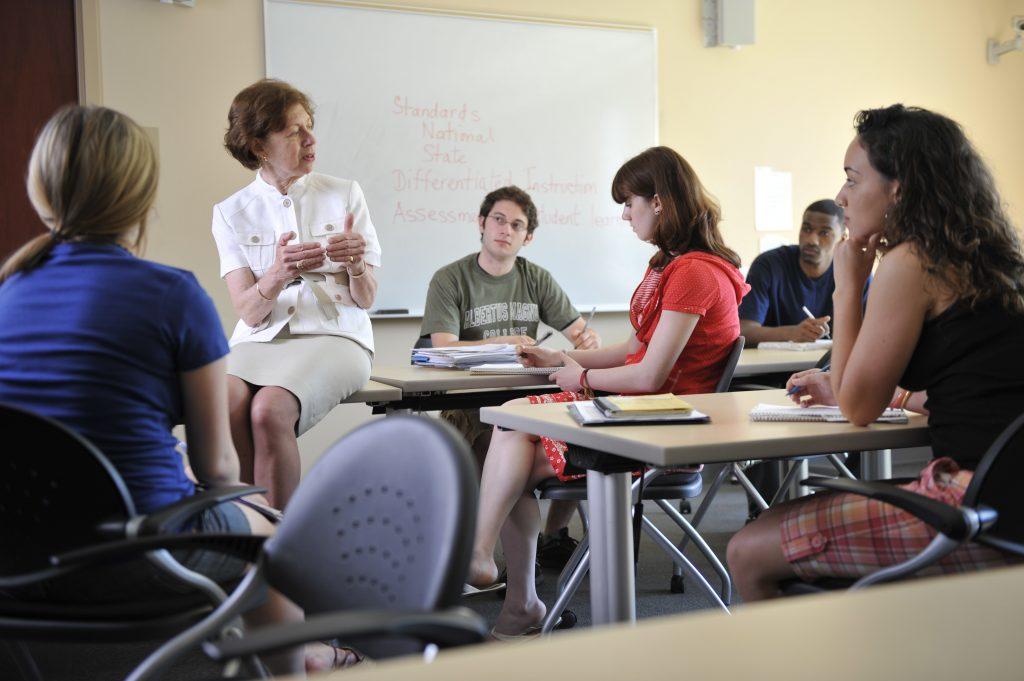
This isn’t the only study that supports the importance of a liberal arts degree. The Association of American Colleges and Universities (AAC&U) found that employers rate oral communication, critical thinking, ethical judgment, and working effectively in teams extremely high when it comes to applying skills and knowledge to the real world — exactly what a liberal arts education promises.
Dr. Joan Venditto ’63, director of the Education program at Albertus, believes that now more than ever, what Albertus teaches on campus and online is crucial to today’s society.
“The liberal arts component of an Albertus education is foundational, as well as enriching. This background sustains graduates for the rest of their lives, especially in the remarkably fast-changing world of the 21st century,” said Dr. Venditto.
“The humanities program, with its four-year sequence and its integration with all content areas, provides a framework for liberal arts in the education of an undergraduate. While undergraduates in the adult evening division complete their studies in an accelerated structure, their program includes essentially the same liberal arts focus. Attention to the liberal arts extends to graduate programs, as well, where students consider such matters as intellectual enrichment and personal fulfillment as integral parts of lives well lived within professional and career choices,” she added.
Alumni couldn’t agree more. Here’s a variety of responses from graduates with varying degrees and careers. A liberal arts degree meant the world to their growth, development, and trajectory in life.
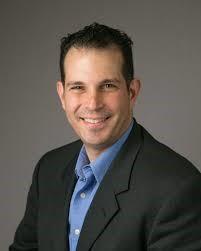
Dr. Garrett Dell ’99, ’03 M.A.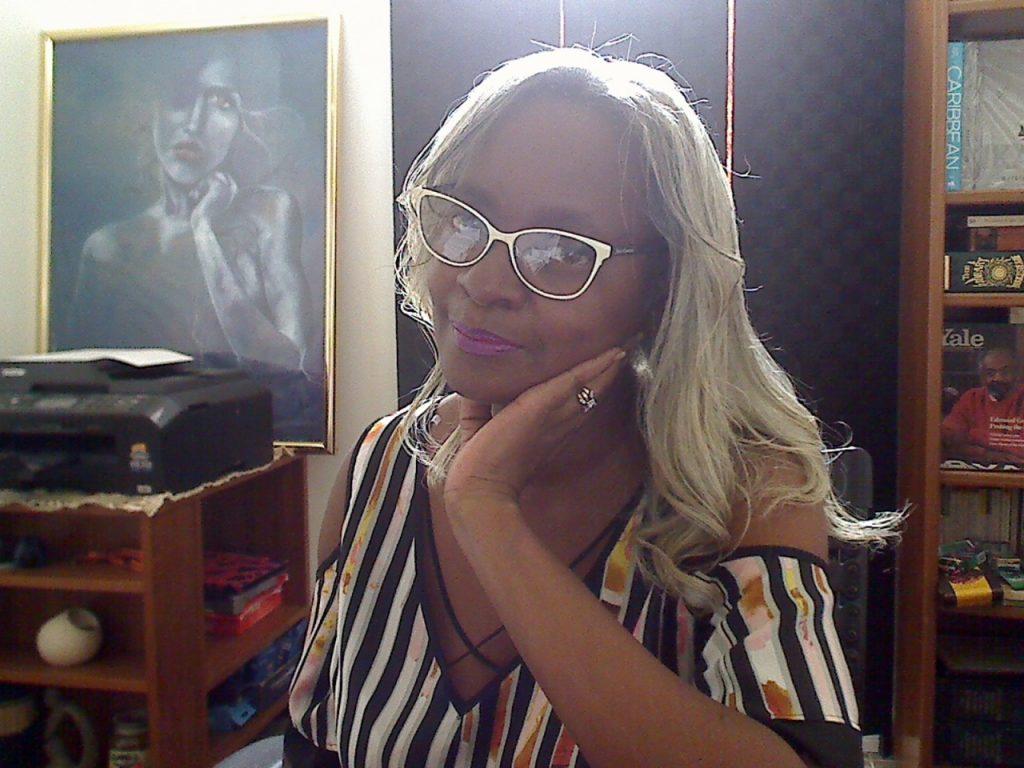
Kyleelise Thomas ’88
Dr. Garrett Dell ’99, ’03 M.A. earned a B.A. in English and a Master of Arts in Liberal Studies from Albertus. He has been teaching in higher education for approximately 20 years.
“On a simple human level, my liberal arts degrees have helped me to relate to, and to carry on conversations with, a wide variety of people. In a society such as ours, where work is very specialized and people are often categorized unfairly, it is vital to have the ability to communicate and to empathize with as many people as possible,” Dr. Dell said.
“On a practical level, my liberal arts degrees have provided me with the skills needed to pursue doctoral work, giving me a holistic lens through which I can understand my students’ talents and goals. My liberal arts education has become my personal portal for lifelong inquiry and curiosity. Contrary to the idea that there is little value in a liberal arts education, I find that there are many students who benefit from, and thrive in, environments where academic freedom, interdisciplinary inquiry, and natural curiosity reside. I tell them that those qualities — those human gifts — are valuable beyond measure,” he continued.
Kyleelise Thomas ’88 has worked as an award-winning researcher, journalist, editor, and producer.
“We are more than the sum of our personal preferences and intellectual inquiry! What I mean here is that if we rely on a narrow path of study or knowing, we exclude the other historical and contemporary realities that shape the world in which we live. A liberal arts education requires a student to experience a wide and diverse course of study that will serve them well in their singular professional endeavor, while affording the tools to be flexible, having developed the ability to think critically and articulate, through speech and writing, in clear and impactful ways, and on many topics. Furthermore, a liberal arts degree affords a flexibility to shift gears in an ever-changing world and economy.”
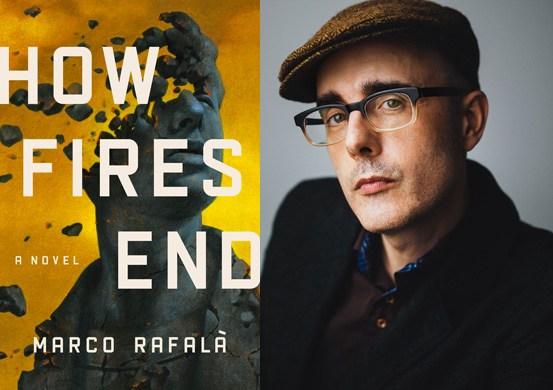
Marco Rafalà ’94 is a novelist, musician, and writer for award-winning tabletop role-playing games.
“I think of a liberal arts education as providing the baseline skills that students need to navigate any career path. Perhaps most important is the ability to write coherently and think critically. I’ve used these skills in every part of my career—whether working as a technical writer with international corporations, freelance writing for award-winning tabletop role-playing games, drafting and editing a novel, or teaching. My wife, who’s a senior leader in a national nonprofit, often says that one of the hardest — and most valuable — skills to find when hiring is someone who can write. Writing isn’t just about putting words in the right order. It’s understanding what they mean and why. To me, that’s what a good liberal arts education gives you. It’s what I learned at Albertus,” he said.
Karen Kostiw ’85 is a dual licensed salesperson working in the worlds of real estate and finance.
“A Liberal Arts education provided me a nurturing culture and stressed an open mind to new ideas and rigorous critical thinking. There is not a textbook to inform you on how to adapt to a company’s culture and operation. The ever-evolving regulatory, media and technological environment we live in requires continued learning and openness. The intellectual rigor and spirit of collaboration at Albertus Magnus gave me the confidence and prepared me for my personal and professional journey,” she said.
To sum up the value of a liberal arts education, Paul Robichaud, professor and chair of English and Humanities at Albertus, adds how reading texts deepens cultural understanding.
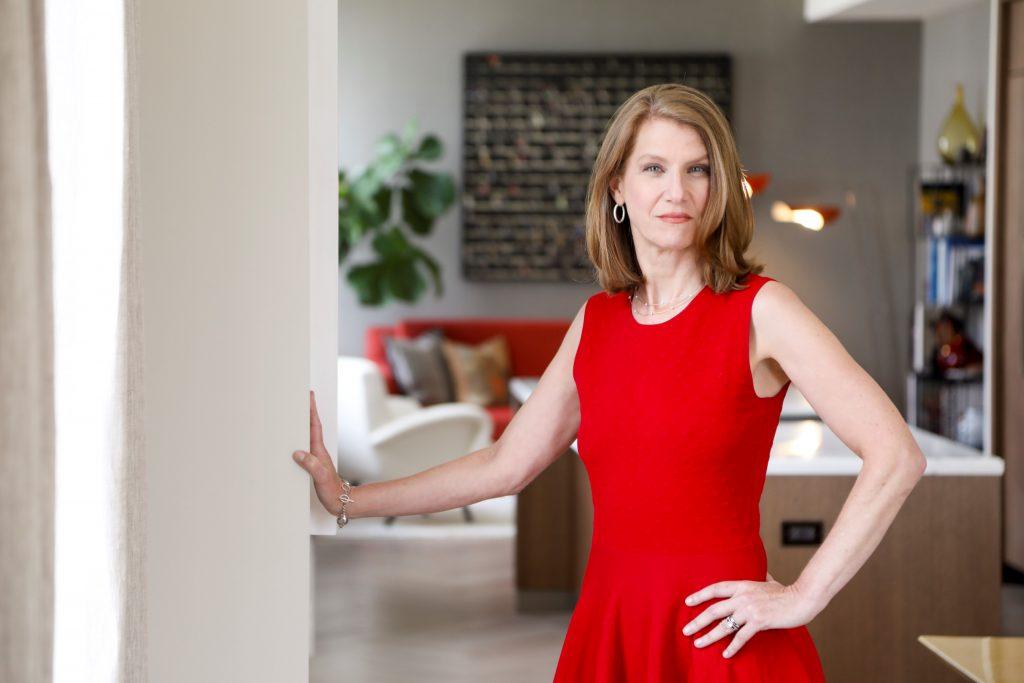
“Employers consistently identify written communication, critical thinking, and engaging diversity as essential for college graduates. Students in our classes sharpen their reading and critical thinking skills, gain cultural insight, and improve their writing. They reflect meaningfully on cultural difference and participate in lively discussion with those whose perspectives are often different from their own.” That’s a return on investment.
